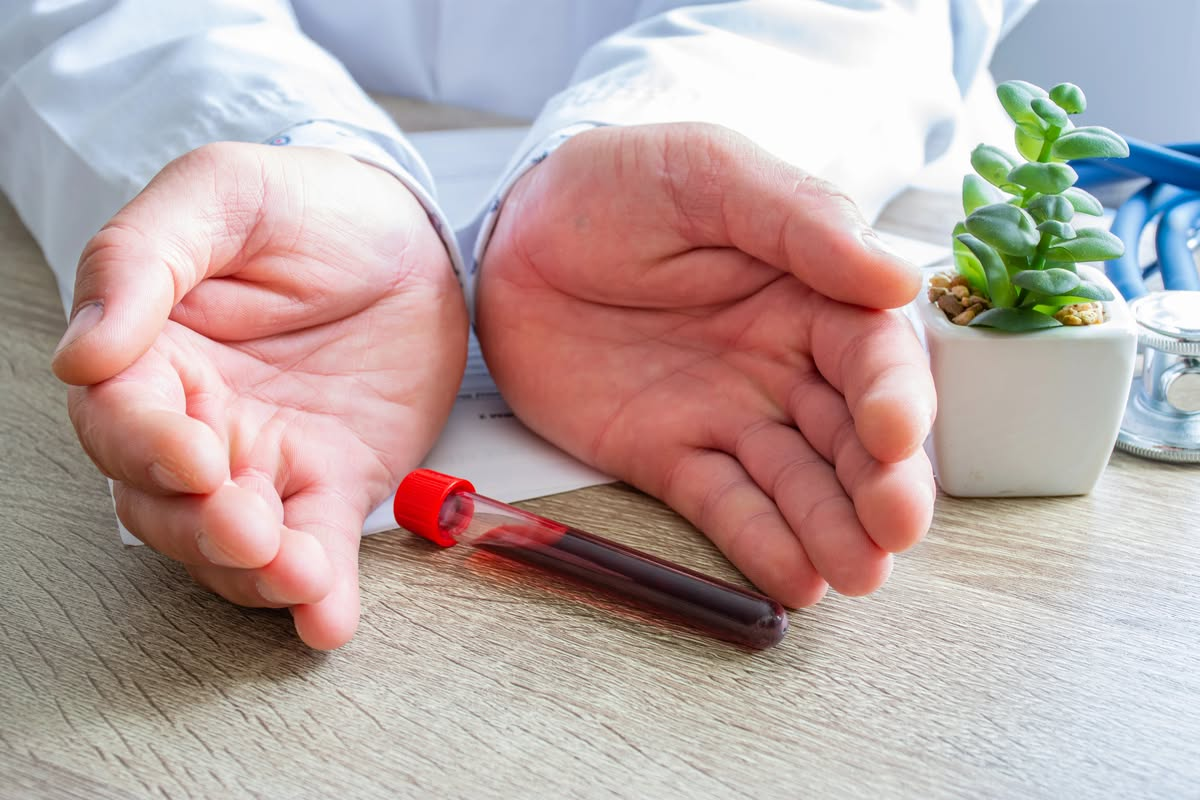Bone marrow donation is one of the most important acts of altruism that can save the lives of people with cancer and other serious blood conditions. Marrow donors are often the only hope for patients suffering from leukaemia, lymphoma or aplastic anaemia. The process involves harvesting bone marrow stem cells, which are then transplanted into the recipient, helping to rebuild their haematopoietic system. Marrow donation is safe for the donor and medical procedures are carefully controlled to ensure maximum safety and comfort.
Marrow donation can take place in two main ways: by collecting stem cells from the peripheral blood or directly from the hip bone. The peripheral blood donation method involves stimulating the production of stem cells in the donor's body with special drugs and then collecting them using an apparatus. The extraction from the hip bone takes place under anaesthesia and involves taking stem cells directly from the hip bone using a needle.
Who can become a bone marrow donor?
Any healthy person between the ages of 18 and 55 who passes the appropriate qualifying tests can become a bone marrow donor. However, there are certain health contraindications that may exclude you from being a donor. These include chronic diseases such as diabetes, heart disease, autoimmune diseases and certain viral infections. Before proceeding with the donation procedure, the potential donor is carefully examined by a doctor to ensure that there are no medical contraindications.
Registering with the donor database is a simple step that can be taken during promotional events organised by foundations and bone marrow donation organisations. The registration process often requires a patient ID number and other verification data. Once logged in to the patient portal, users can access their health data at any time and from anywhere, making health management much easier.
Bone marrow donation process
The bone marrow donation process begins with registration in the donor database, where the potential donor undergoes a blood test to determine tissue compatibility. If the donor is found to be a match for the recipient, the next step is stem cell collection. Donation can be done in two ways: by taking bone marrow from the hip bone or by taking stem cells from the peripheral blood. Both methods are safe and carried out under anaesthesia, which minimises discomfort for the donor.
Bone marrow harvesting involves taking stem cells directly from the hip bone using a special needle. The peripheral blood donation method, on the other hand, involves taking medication to stimulate the production of stem cells in the bloodstream, which are then collected using a special apparatus. Attention to the donor's comfort, both physical and emotional, is a key element in humanising healthcare.
Humanising healthcare and bone marrow donation
Humanising healthcare in the context of bone marrow donation is about creating an environment full of empathy, support and respect for donors. Every donor is treated with the utmost care and the whole process is managed in a way that minimises stress and anxiety. Organisations involved in donor recruitment, such as DKMS or Poltransplant, offer support at every stage - from registration to eligibility testing to the donation process itself.
Emotional support is a key element in humanising the bone marrow donation process, providing donors with psychological support and the opportunity to connect with other donors. Nurturing donor comfort, both physical and emotional, is a key element in humanising healthcare. Emotional support is a key element in humanising the bone marrow donation process, providing donors with psychological support and opportunities to connect with other donors.
The importance of altruism in bone marrow donation
Altruism is a selfless concern for the welfare of others, manifested in actions to help without expectation of benefit. It is a fundamental value that drives many forms of social support, including bone marrow donation.
Bone marrow donation is an act of extraordinary altruism that reflects the best qualities of human nature - the desire to help and save the lives of others. Bone marrow donors often do not know their recipients, which underlines the selflessness of this act. Thanks to their dedication, many people with serious blood diseases such as leukaemia or lymphoma have the chance for a new, healthy life.
The act of bone marrow donation is an example of how the humanisation of medicine can manifest itself in practice, bringing real benefits to both patients and society as a whole. The societal benefits of bone marrow donation include improving public health and building a culture of support and empathy. Marrow donation demonstrates that even in the face of the most difficult health challenges, compassion and a willingness to help another human being can bring hope and healing.
